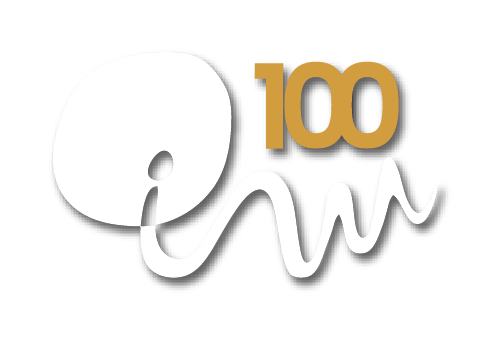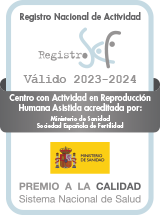Artificial Insemination
What does Artificial Insemination consist of?
Artificial Insemination is a basic Assisted Reproduction technique that involves monitoring the ovulatory cycle and then introducing a sperm sample into the woman’s uterus. This sample is previously prepared in the laboratory to optimise its quality.
At our centre, all inseminations are intrauterine, meaning they are carried out by introducing a thin cannula to deposit the sperm at the bottom of the uterus. Within a few minutes, they will have reached the fallopian tubes, where the egg is waiting for them. It is not an uncomfortable procedure, lasting only a few minutes and no rest is required afterwards.
Insemination can be done with the partner’s semen or using donor sperm if necessary.
Contents
Contents
When is Artificial Insemination recommended?
Artificial Insemination is generally recommended for women up to 38 years of age.
Using the partner’s sperm
- Heterosexual couples with a mild male factor, which can be improved with sperm preparation in the laboratory.
- Ovulatory disorders.
- When the couple has difficulty having sexual intercourse.
- When the couple requests a basic Assisted Reproduction technique for infertility of an unknown cause (if conventional diagnostic tests are normal).
- Heterosexual couples with a male infertility factor or in the case of men who cannot use their sperm due to genetic or chromosomal disorders.
- Single women.
- Lesbian couples.
Success Rates of Artificial Insemination
- The chances of pregnancy mainly depend on the patient’s age and the number of follicles that develop in the cycle.
- With ovarian stimulation and intrauterine insemination, the chances of pregnancy per cycle are approximately 20 %.
- After four cycles, approximately 70 % of patients achieve pregnancy.
Conjugal Artificial Insemination
Artificial Insemination with donor
What are the phases of Artificial Insemination?
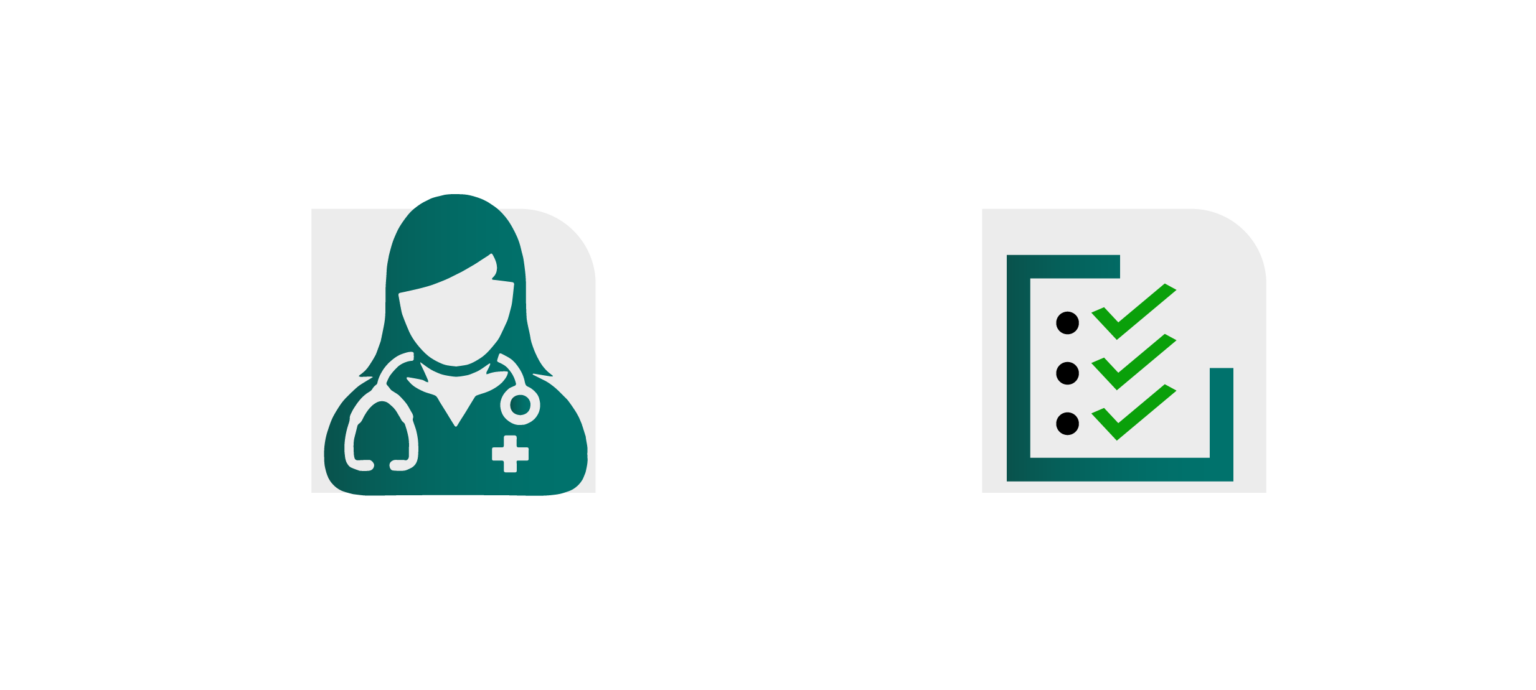
First visit with an Assisted Reproduction specialist

Performance of the treatment
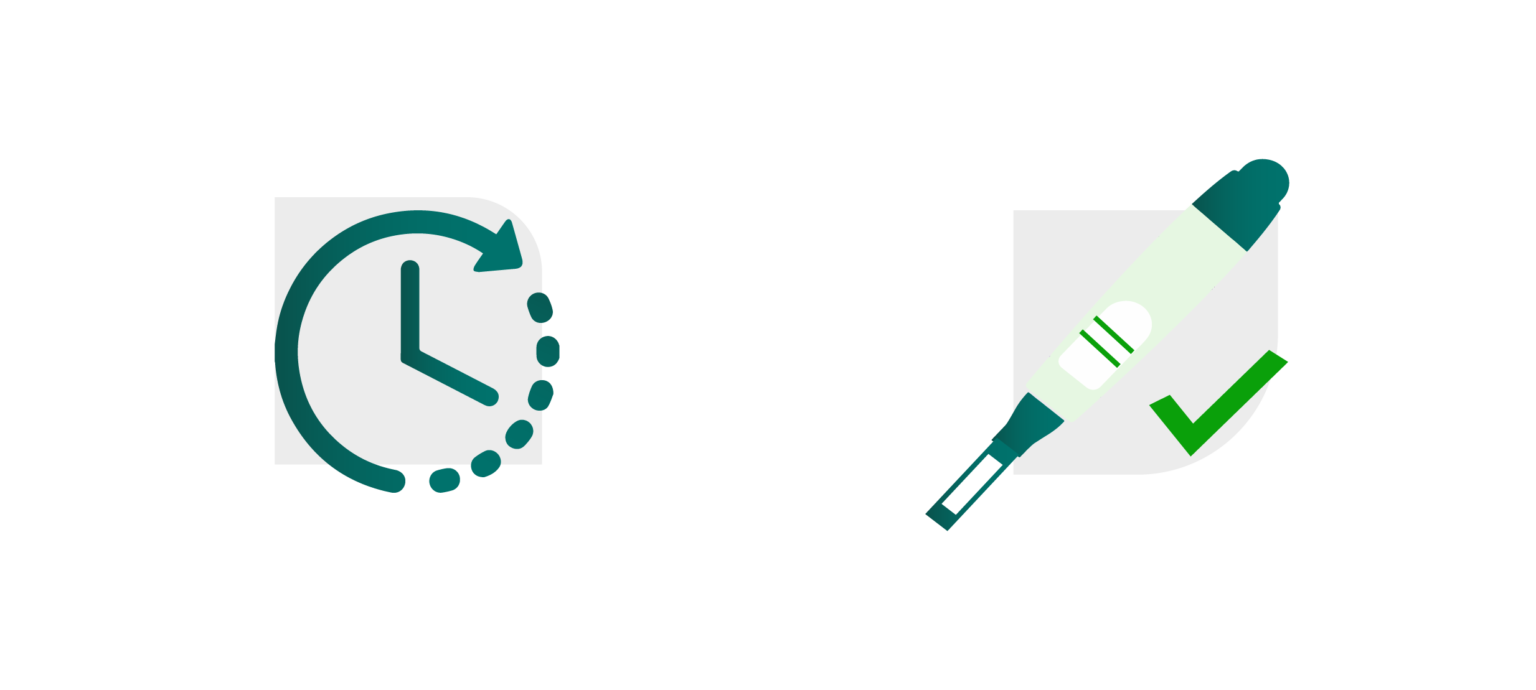
Pregnancy test
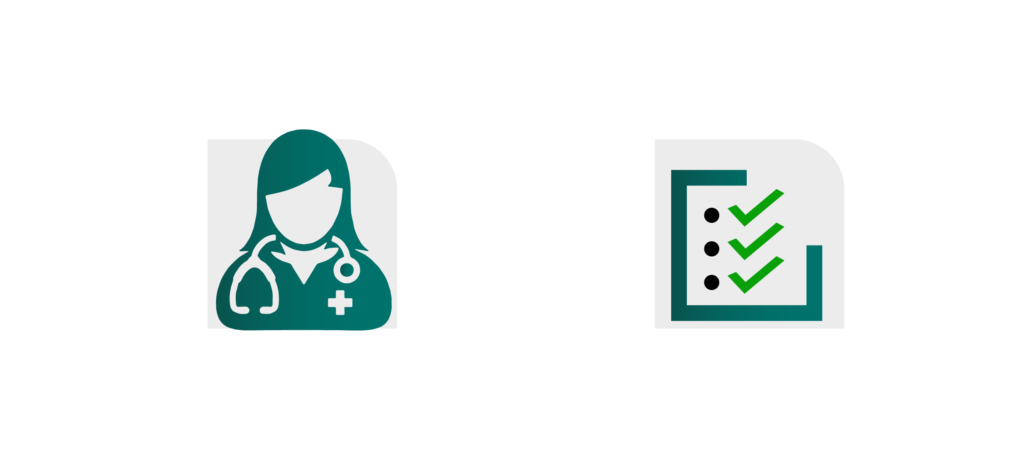
First visit with an Assisted Reproduction specialist

Performance of the treatment
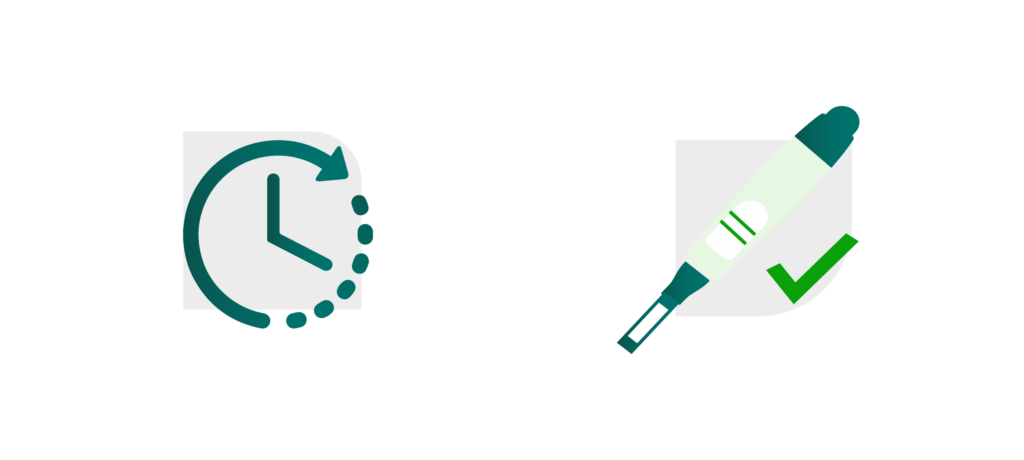
Pregnancy test
How do we select your sperm donor?
Cuando el semen de la pareja presenta algún problema, en el caso de mujeres sin pareja o de parejas lesbianas, es necesario recurrir al esperma de un donante.
En Institut Marquès, contamos con nuestro banco de semen con más de 2.000 donantes premium. Son donantes anónimos, ya que la Ley 14/2006 del 14 de mayo (española) sobre técnicas de reproducción humana asistida, establece que la donación se tiene que realizar de manera anónima, voluntaria, informada y no remunerada.
Al disponer de nuestro propio banco de semen, conocemos a los donantes y seleccionamos solo los mejores. Son jóvenes que deciden donar para ayudar a otras personas a formar una familia y que deben superar exhaustivas pruebas médicas y psicológicas. Contamos, además, con todos los fenotipos para encontrar el más adecuado para cada caso. En Institut Marquès, es el propio médico quien se encargará de elegir el donante de esperma más adecuado para cada paciente, teniendo en cuenta sus características físicas y los rasgos hereditarios de su personalidad. Buscamos el «matching» perfecto.
Donantes conocidos o no anónimos: La donación de gametos en España es anónima; en caso de preferir hacer el tratamiento con donantes conocidos o no anónimos, deberá realizarse en una de las clínicas con las que Institut Marquès colabora.
Prices of Artificial Insemination
Below are the basic prices of our treatments. We can finance your treatments interest-free. Click here to find out about our financing options.
Artificial Insemination
What is included?-
Guidance, programming and medical control of the cycle
-
Ovarian stimulation
-
Blood test
-
Donor sperm sample
-
Andrology laboratory services
-
Semen sample processing
-
Preparation of semen sample for insemination
-
Monitoring of the process until the 8th week of gestation
-
Pregnancy test
-
Medical support and ultrasound control with a gynecologist specializing in Assisted Reproduction
*If donor sperm is required, the price has a supplement of 400€
FAQs Artificial Insemination
Artificial insemination is less invasive and less expensive than in vitro fertilisation (IVF). In artificial insemination, fertilisation occurs naturally inside the body, whereas in IVF, fertilisation is performed in a laboratory and then the embryos are transferred to the uterus.
The cost of artificial insemination can vary from clinic to clinic and country to country, but generally ranges from 600 to 2,000 euros per cycle. This cost may include medical consultations, ultrasounds, and the insemination procedure itself.
Artificial insemination is usually painless, although some women may experience mild discomfort or menstrual-like cramps during the procedure.
- Ultrasound to confirm that the uterus and ovaries are fit to start treatment.
- Hysterosalpingography to confirm the patency of the fallopian tubes. It is necessary that at least one of them is perfectly functional for insemination to be effective.
- Complete hormone analysis.
- Seminogram (semen analysis), to confirm that once the semen has been boosted it is suitable for fertilising the oocytes waiting in the fallopian tubes.
Ovarian stimulation is done by administering hormonal drugs that help the ovaries produce more than one egg in a cycle. This increases the chances of successful artificial insemination.
The sperm undergoes a training process in the laboratory, where the best quality sperm are selected and those that are not viable are removed. This process increases the chances of success by using only the most motile sperm.
Yes, it is possible to use donor sperm in artificial insemination. This is a common approach for single women, lesbian couples or in cases of severe male infertility.
Strict rest is not necessary, but it is advisable to avoid intense physical exertion and emotional stress during the days following the procedure. In any case, the doctor’s instructions should always be followed.

